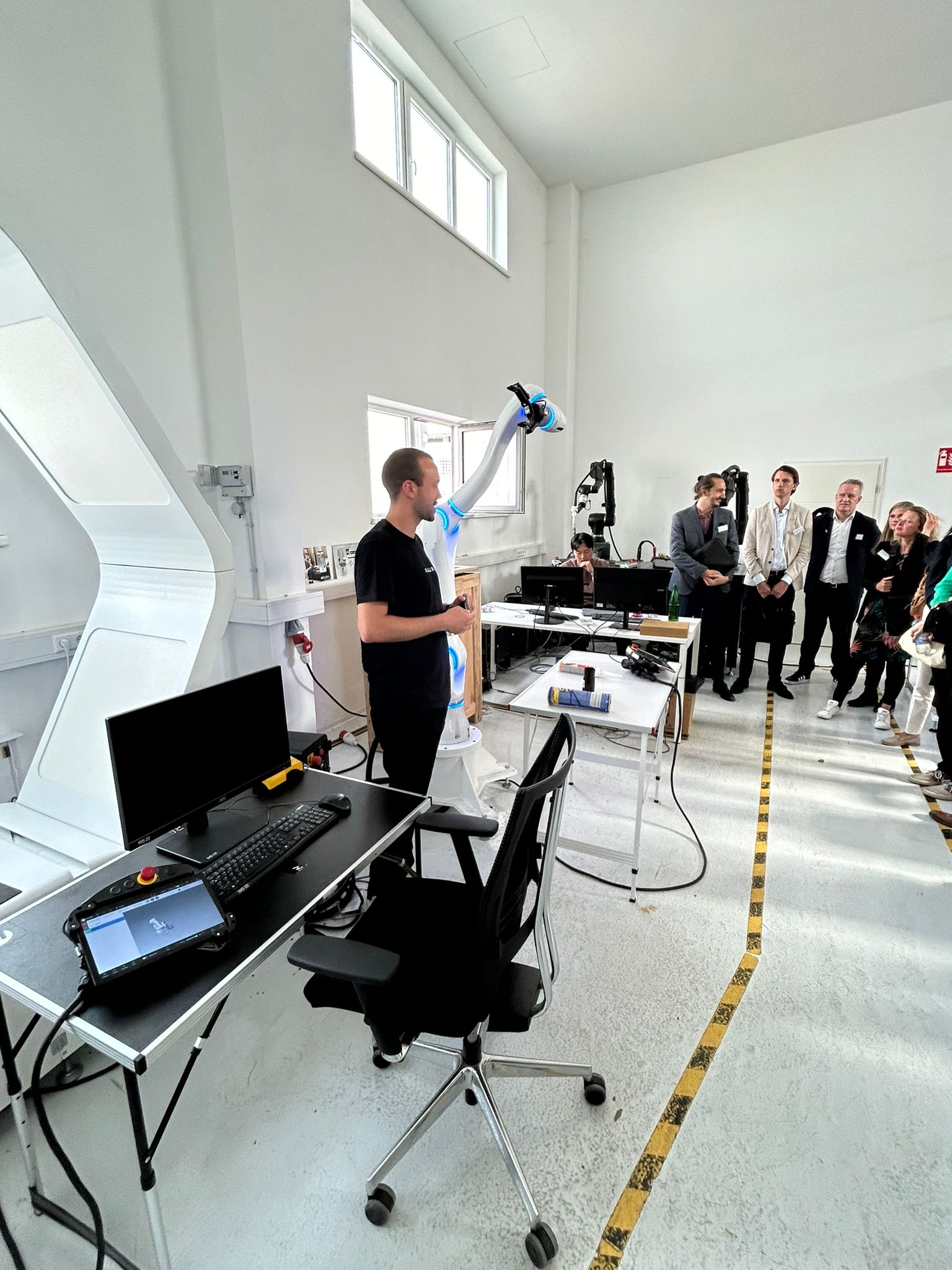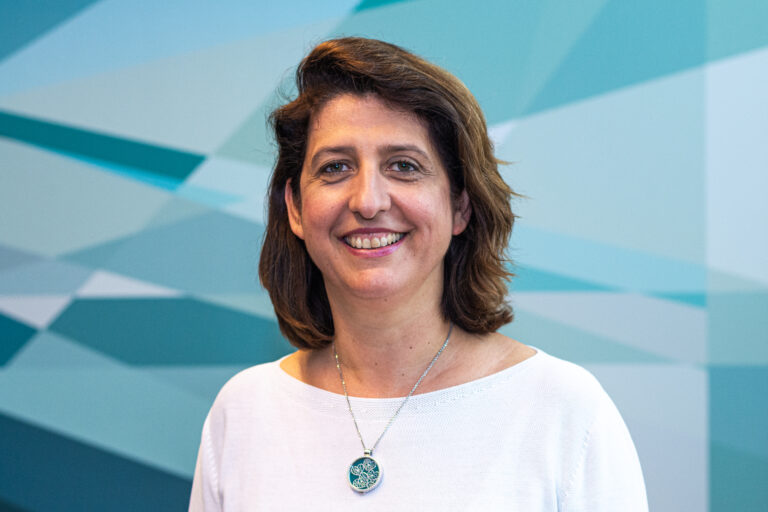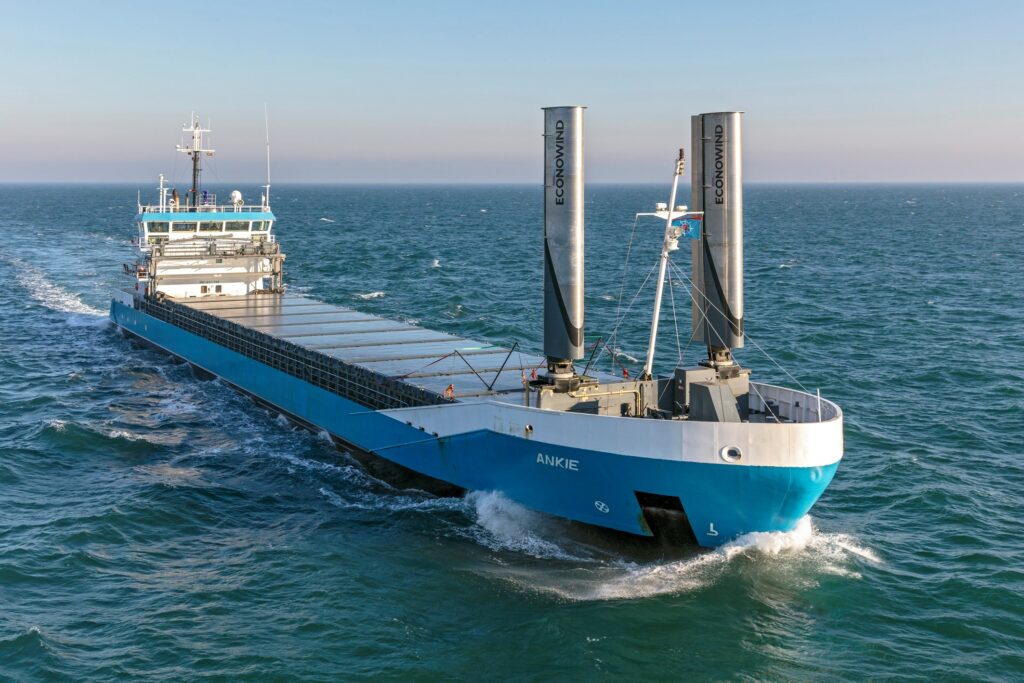Why have an NL AIC Label?
The NL AIC is aiming to strengthen the AI landscape in the Netherlands, with the goal of letting the country reap the economic and social benefits of Artificial Intelligence (AI) and become one of the international frontrunners. To that end, numerous projects and programmes will be carried out in AI over the coming years. These initiatives can originate from within the NL AIC itself, as is the case for the AiNed Investment Programme, or can equally well originate elsewhere. The NL AIC label is an important quality mark, but no right to funding can be derived from it.
“It is crucial for Dutch AI developments that all these initiatives fit together into an integrated whole, reinforce each other and can learn from each other,” says Kees van der Klauw, the coalition manager. “We want to use the NL AIC Label to let us show whether those conditions have been met, independently of the other content-related requirements imposed on projects.”
Strengthening the AI landscape in the Netherlands
The NL AIC Label is intended for activities that strengthen the Netherlands through research, education and innovation in and with AI. The activities referred to here are public-private partnerships lasting several years, designed for example as a programme, project, lab or community that reinforces the objectives of the NL AIC. A labelled activity:
- strengthens and broadens collective knowledge about AI in the Netherlands;
- creates a solution to AI challenges faced by many;
- accelerates responsible AI innovations and implementations in a broad context;
- helps cooperation and connections throughout the value chain;
- helps get all the relevant parties involved and cooperating (the quadruple helix).
First activities recognised with the NL AIC Label
We are proud to announce that the following activities are the first of what are expected to be many more recognised with the NL AIC Label. These are the founding of the first six ELSA Labs that the NL AIC believes meet the above objectives, as well as meeting the criteria set for research and development of the Ethical (E), Legal (L) and Societal (S) Aspects (A) of AI applications in an ELSA lab. The goal of these ELSA labs is to work with residents, companies, knowledge institutions and the government to investigate how AI can help shape our society.
“We would like to warmly congratulate the first ELSA labs on having their activities recognized with the NL AIC Label,” says Emile Aarts, chairman of the Human Centric AI working group of the NL AIC, “and we wish them every success in setting up their consortiums and securing the necessary funding to start up or expand these labs in practice.”
- The ELSA Poverty and Debt Lab
Aims to use data science and AI to help reduce or prevent poverty and problematic debts among the inhabitants of the Netherlands. Data science and AI are used in an ELSA-by-design approach in which the ethical, social and legal aspects are leading, from the idea through to its implementation. - The ELSA Healthy Society & AI Lab
The aim here is to increase the resilience of members of the public, particularly those who are vulnerable, in a sustainable and broadly accepted way and to reduce socioeconomic and other health inequalities. Given the enormous complexity of factors that influence healthy lifestyles, AI-based solutions are being developed to promote healthy lifestyles and optimize the detection, diagnosis and treatment of cardiovascular and metabolic diseases. - The ELSA Learning with AI Lab
To increase knowledge about human learning with AI and how it helps make the population better able to contribute to society. Challenges are put forward by the public and by end users, and then evaluated, solved and shared nationally and internationally. The lab also wants to test the implementation of ethical and privacy issues and business models for educational solutions and of standardization issues. - The ELSA Public Policy Lab
Investigates and designs more effective and fairer policy choices based on responsible data processing and AI systems. The aim is to increase confidence in the government in accelerating various transitions, such as the energy transition, the social domain and the innovation system. It focuses on lines of research that strengthen policy development and decision-making within government. - The ELSA Urban Digital Twins Lab
Explores the challenges and designs solutions for using AI in urban environments with public value, using a specific domain and application: the physical and social layout of public space using a digital twin. The digital twin is not merely a static representation of the features of a public space: it can also create and test dynamic scenarios. - The ELSA AI, Media & Democracy Lab
This lab will be working on specific challenges facing the sector today and will combine that with carrying out ground-breaking research in areas where social sciences, law, humanities and computer science overlap. This creates enormous opportunities not only for research but also for the media sector and civil society to benefit from the immense innovation potential of AI.
Start of the programme for development and application of reliable, people-centred AI
One of the funding options is to submit a proposal to the recently launched programme ‘Artificial Intelligence: Human centric AI for an inclusive society – Towards an ecosystem of trust’ set up by the NWO and the NL AIC as part of the National Science Agenda. The programme promotes the development and application of reliable, human centric AI. More than €11 million is available for consortiums to carry out research in co-creation environments. Funding is allocated according to NWO criteria and guidelines; the NL AIC has no role in this. For more information, please refer to this page, where you can find more information about the call for proposals and the planning.
Interested in the ELSA concept and the ELSA Labs?
If you are interested in the ELSA concept and its implementation as an ELSA Lab, we would very much like to invite you to read the position paper ‘ELSA Labs for Human Centric Innovation in AI’ outlining the approach. If you have any questions about the ELSA concept, please contact Edwin Borst, coordinator of the Human Centric AI working group. You can also contact Edwin Borst if you have questions about any of the ELSA Labs and he will then put you in touch with the ELSA Lab concerned.






